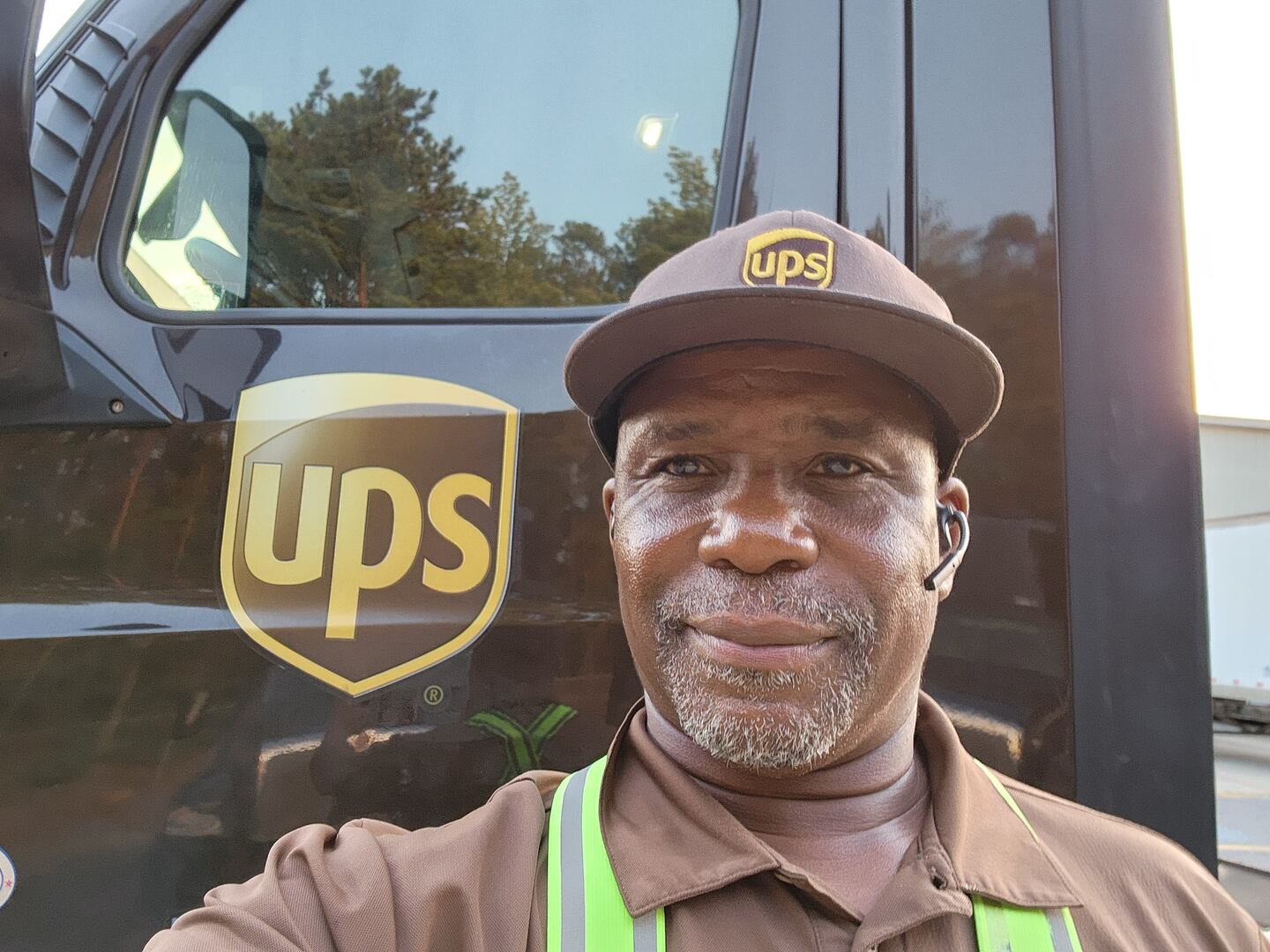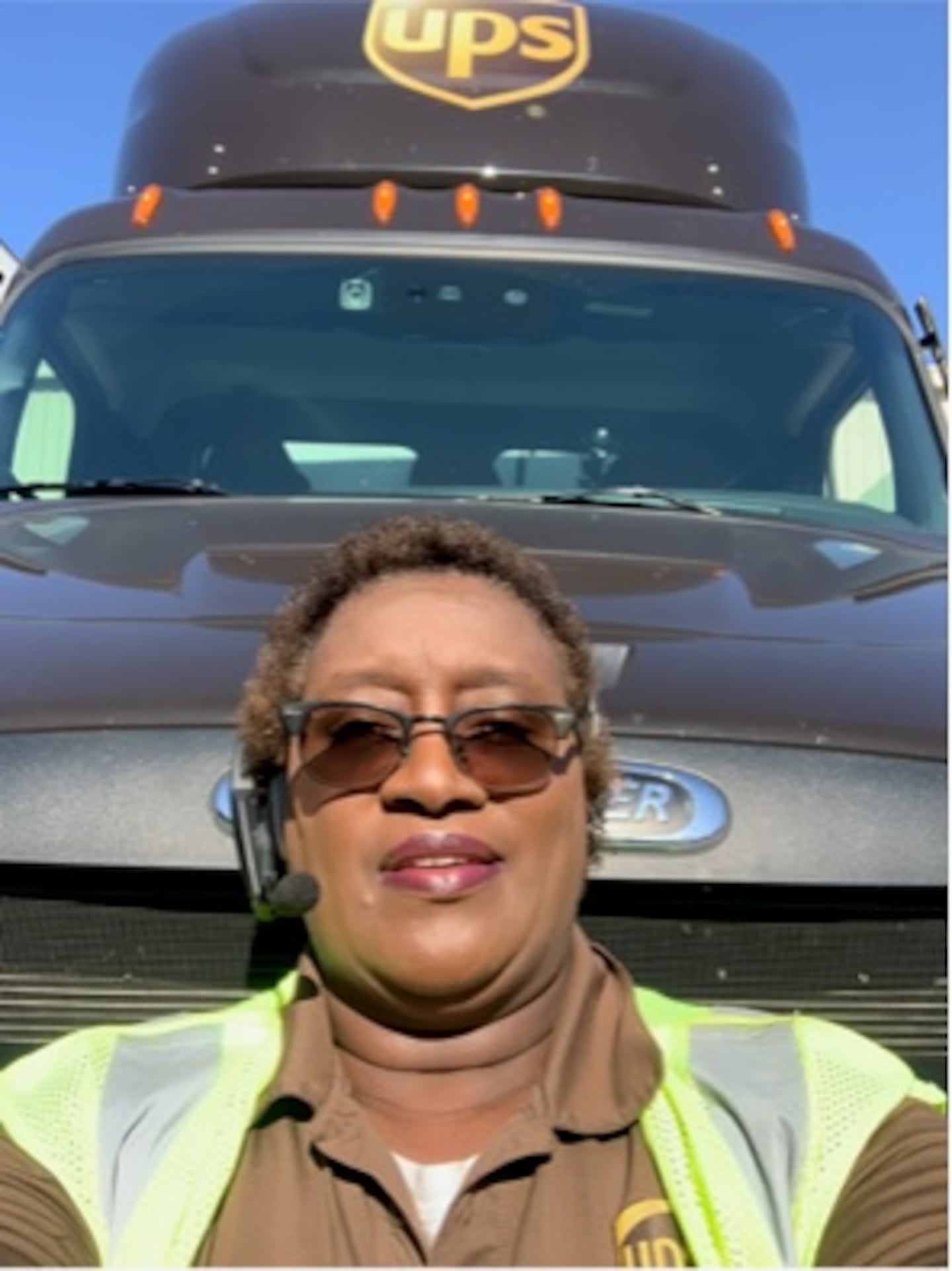Encouraged, but undecided: That’s how some Atlanta-based UPS drivers are feeling after a tentative five-year agreement is reached between the company and Teamsters Union negotiators.
The CEO of Sandy Springs-based UPS calls it a “win-win-win.”
“This agreement continues to reward UPS’s full- and part-time employees with industry-leading pay and benefits while retaining the flexibility we need to stay competitive, serve our customers and keep our business strong,” said Carol Tomé in a statement.
The Teamsters general president calls it the best contract in UPS history.
“UPS has put $30 billion in new money on the table as a direct result of these negotiations,” said Sean O’Brien. “We’ve changed the game, battling it out day and night to make sure our members won an agreement that pays strong wages, rewards their labor, and doesn’t require a single concession. This contract sets a new standard in the labor movement and raises the bar for all workers.”
Now, instead of month’s end launching a strike, July 31 is when the union’s locals will review the deal. If they approve it, 340,000 Teamster members begin voting on it electronically August 3, wrapping up voting August 22.
Among the agreement’s inclusions: “historic” pay increases for full- and part-timers, including keeping UPS Teamsters the highest-paid delivery drivers in the nation; health protections, as the company agrees to put air conditioning and cargo ventilation in delivery vehicles purchased in 2024 and beyond; the creation of 7,500 new full-time Teamster jobs; and receiving Martin Luther King Jr. Day as a full paid holiday for the first time.
The new contract would also get rid of a controversial and “unfair” two-tier pay system, making so-called 22.4s Regular Package Car Drivers and granting them seniority immediately.
News of the deal came Monday, on Tim Milton’s 44th anniversary at UPS.
“In terms of working conditions--air conditioning being brought to the Package Car Drivers, the delivery guys--that is historic. I mean,” laughs Milton, “I wish I’d had that back in--I’m giving my age away--in 1984, when I started, right?”
Milton, a Feeder Driver—meaning he’s behind the wheel of the company’s 18-wheelers—says he’s happy for the big boosts in pay and scheduling that will benefit the part-timers, but notes he has not yet heard a lot about full-timers’ benefits in the deal. He is hoping for specific language in the contract to protect what he calls “great” insurance at UPS, and what happens when he retires.
“I’m looking for a good retirement package,” says Milton. “I want to make sure that my pension isn’t eaten up by inflation in the future.”
Elvelean Oliver is a 36-year UPS veteran. She, too, is eyeing retirement.
“Yes, I would like a wage increase, but this will probably be my last contract, so I would like to see a good pension and a good COLA [cost-of-living adjustment] in that pension,” says Oliver, who is also a Feeder Driver.
Feeder Driver Jason Rochester will mark 23 years with UPS this fall. Like Milton, he is pleased to see that gains were made for part-timers: Current and new part-time workers will be paid $21 an hour immediately. He just hopes that full-timers are not being overlooked, even as he remembers how taxing the job was as a part-timer.
“It is very difficult work. It’s hard. It’s hot. It’s cold in the winter. It’s constant,” says Rochester. “I don’t begrudge anybody getting a good wage, but we also have to split it amongst us. I don’t want to see all of it go to the part-timers and I don’t think it should all go to the full-timers. It should be divvied up more, half and half.”
The union says wage increases for full-timers will improve Teamster drivers’ average top rate to $49 per hour.
The longtime staffers also note that during the pandemic, when UPS reported record revenue as deliveries skyrocketed to consumers staying at home, employees were considered “essential workers” but did not receive hazard pay.
All three voted to authorize a strike by the end of July without a new agreement in place.
“I was part of the ‘97 strike,” says Milton, recalling that it lasted about 15 days. “So I’m used to it.”
“That’s our leverage,” says Rochester.
Milton says he’s studied the company’s history and its business model, and notes with the rise in e-commerce, UPS will be around a long time. He says UPS is “the best at what they do.”
“So yes, I voted to strike and I would’ve been out there on the picket line because I know this company can afford to pay their hard-working employees.” Oliver and Rochester agree.
“Obviously, no one really wants a strike. It loses a lot of money for everybody, and then you take a chance of obviously losing customers and everything else,” says Rochester.
“And jobs!” interjects Milton.
“But like the Teamsters said, we’re asking for things we know the company can afford. They made a $100 billion last year, $73 billion in profit. I think they can afford to share a little bit of the wealth,” Rochester continues.
So while these drivers are pleased that negotiators hammered out a deal, they are not saying “Yes” to it until going over the contract in detail.
“We say it’s a historic year for the union, but it’s historic for UPS because of the gains they’ve made in the last three years--the profit gains they have made,” says Oliver. “It’s historic for both of us. So if I don’t see a gain in my pension, I’ll definitely vote no.”
©2023 Cox Media Group











